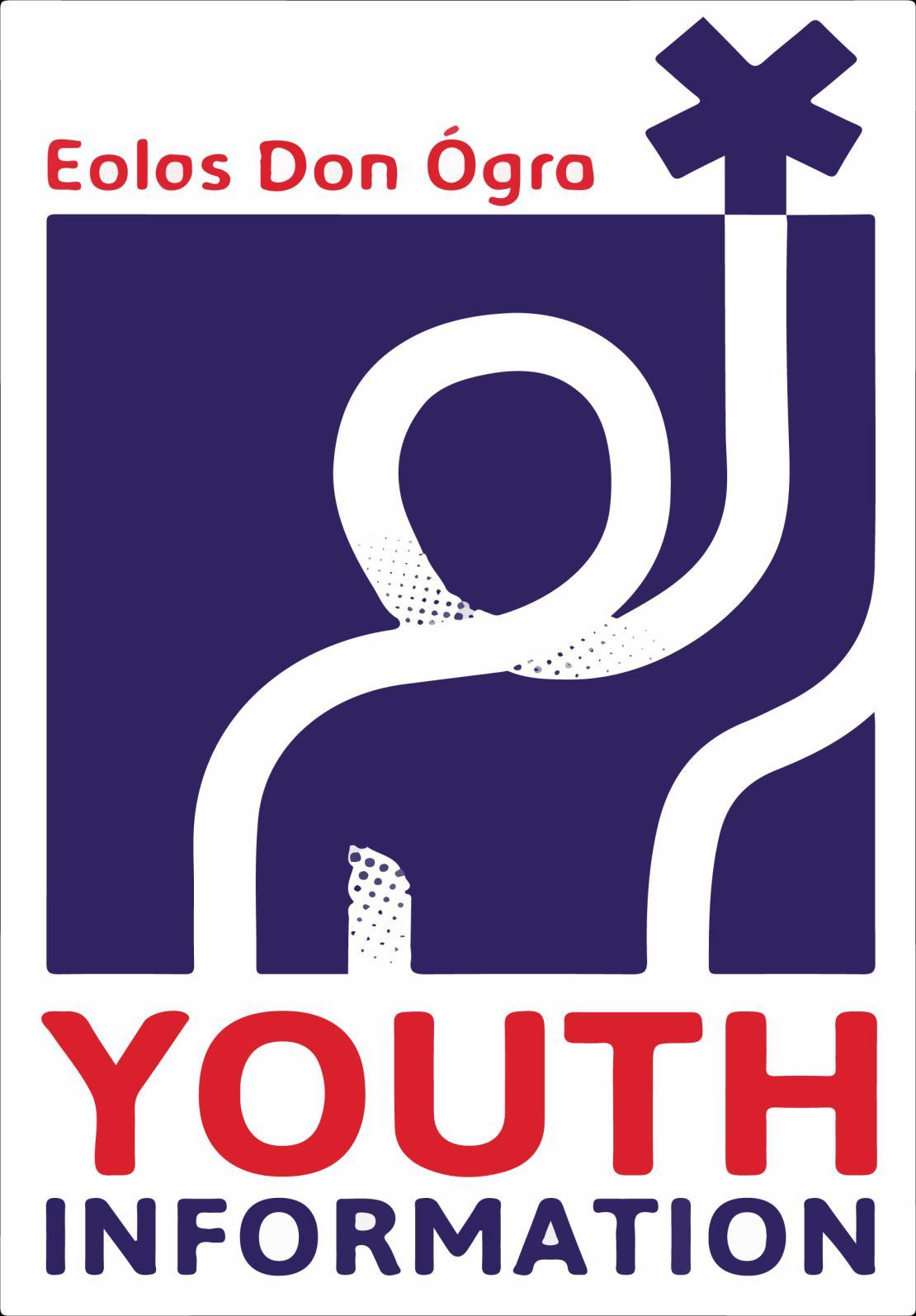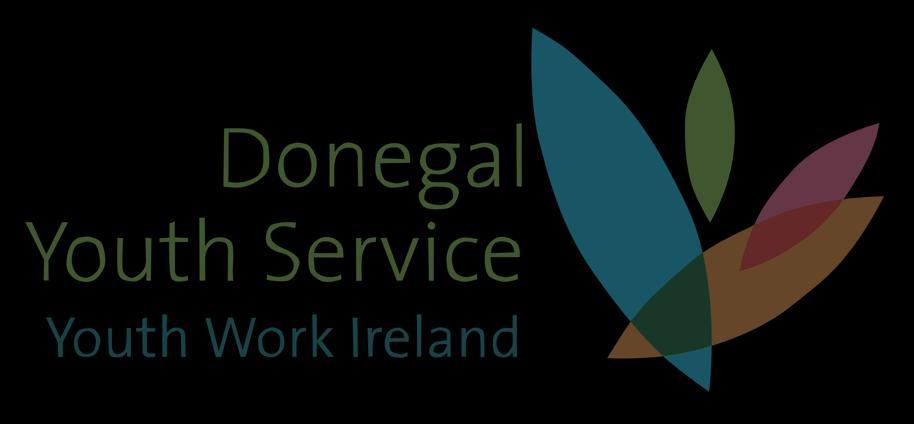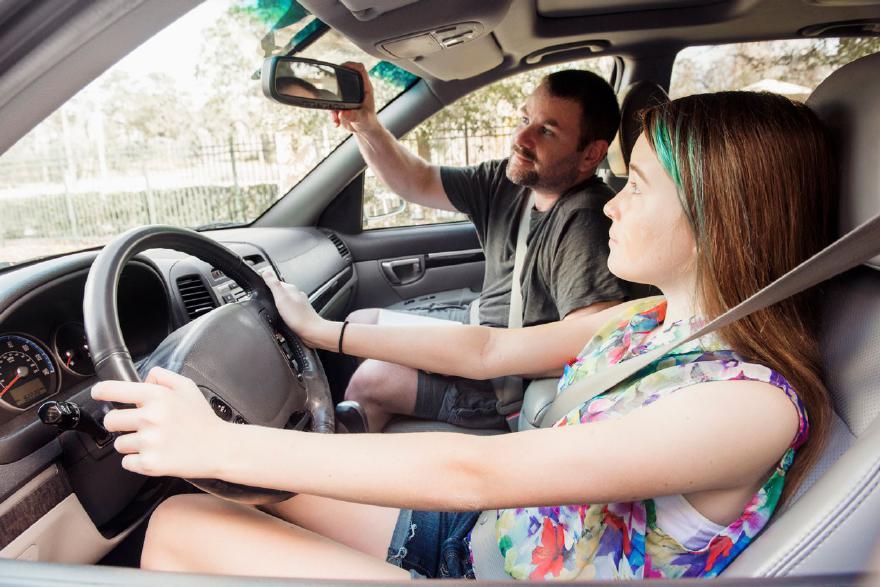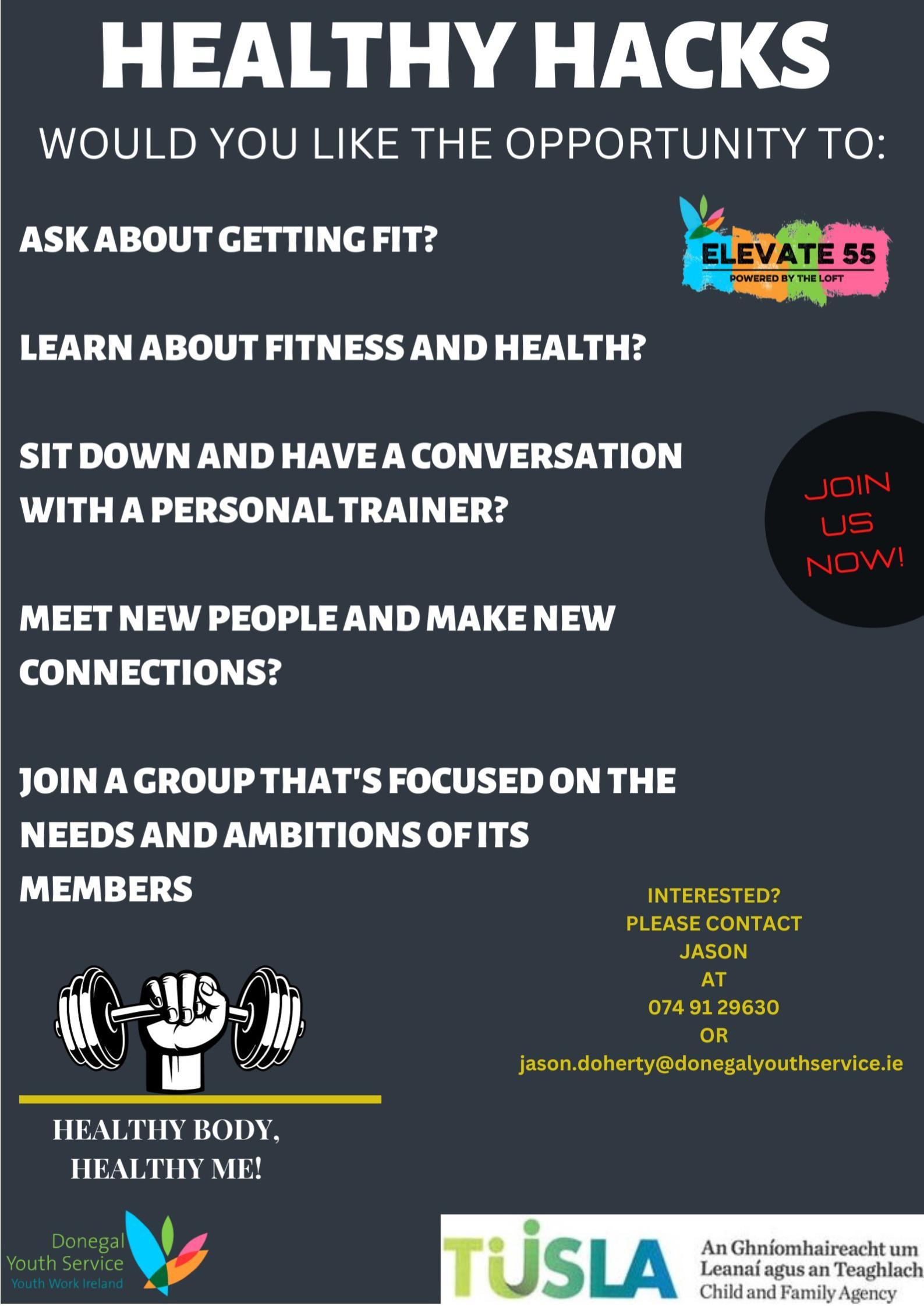









What is Income Tax and how does it work?
Almost all money earned at your job is taxed, this is normal.
The standard rate of tax is twenty percent of your total earnings.
If you earn over a certain amount (depending on your status) you may be charged forty percent of what you earn above your standard cut off rate (but most entry level jobs such as cashier, waiting staff, floorstaff etc do not exceed this amount so do not concern this extra tax).
The good news is that this money you pay on tax is not gone forever. It can be reclaimed through various schemes and initiatives on revenue.ie such as tax credits. Which can reduce the amount of tax you will be charged in the future.


What is Emergency Tax?
When all your money is taxed at forty percent regardless of income it is because it is being Emergency Taxed.
This can happen for a number of reasons but typically it is because the the Job is not regis-
tered properly with the Revenue.
If you have provided your information correctly to the Revenue and your Employer the fault may be on the Employers side who should have used your PPS Number to apply for a RPN (Revenue Payroll Notification). If they have not done this then you will be Emergency Taxed.
If you are being Emergency Taxed then be sure to check with your Employer and the Revenue to make sure the problem is solved as soon as possible. You may need to resubmit or edit forms depending on the issue.
Once the issue causing your Emergency Tax has been sorted then you shall receive all the money you were entitled to that had been kept from you due to Emergency Tax. From then on you will be taxed at the Standard Rate for your income.
It can be a real bother to chase people down for this but it is worth it. Emergency Tax takes nearly half of your earnings and it is money you are fully entitled to so making sure you put an end to it as soon as you can is vital.

Driver Theory Test
The Driver Theory Test is the first thing you will need to complete in order to get your Driver’s License. It covers a wide range of topics concerning road safety, car maintenance and rules of the road. You can take this test either practically or online but it is the same test either way. To get started the easiest thing to do is:

go to theorytest.ie
Click on Book A Theory Test (Car or Bike)
You will be taken to a page with a series of steps on it. The first one is to revise official RSA material. You can access the RSA material through the Prometric Store which has a link on the page. Select “car theory test revision material” to access the store page. From the store page select what form of revision material you will need. These materials may also be found in some Newsagents and Bookstores
Once you are familiar with the material and confident that you can pass the Theory Test.
it is then time to decide what test you are going to take. The tests are split into categories for different vehicles.
Type A is Motorcycles
Type B is Cars
Type C is Trucks
Type D is Buses
You cannot change your test on the day so be sure you select the test you want. Once that is done you should make sure you have the correct form(s) of identification with you. Accepted forms include:
Passport (valid up to 12 months after expiration date)
Public Services Card (with photograph)
Irish Passport Cards
Valid Irish Travel Documents

An existing Drivers License (type A or B)
A National Identity Card from EU member states or Switzerland
The Theory Test costs 45 euro
Driving Lessons
EDT (Essential Drivers Training) is a required set of 12 lessons each lesson is 1 hour long.
While you may already have an informal instructor for a time only an ADI (Approved Driving Instructor) is qualified to take you through the EDT. You can find a qualified instructor through the RSA Website. Go to “Learner Drivers” then click on “Driving Lessons” and select “Find an Instructor”
From there input your location and the type of training you would like to receive and select an instructor from the list provided
Remember that each ADT will have their own prices so be sure to shop around and find the price that works for you.
Driver’s License Process
Whether it is for a job or just to get that bit of freedom a Driver’s License is a great way to expand your horizon (forgive the pun). Thankfully the National Driver’s License Ser-

vice (NDLS) have made applications online easier than ever for new drivers and those who are looking to renew their License. To apply online all you need is:

Your MyGovID.ie login
Your Public Services Card
To have passed your Driver Theory Test
Proof of address
Proof of residency in the Republic of Ireland (only for those whose birthplace is outside of the EU)
Medical Report form (If required)
The Application fee of 55 euro
Once your application is accepted you will be given a Provisional License which means you will be allowed to drive under supervision of someone with a full license. You will have to show Learner Plates “L” on your vehicle for two years.
The website revenue.ie is there to help equip people with the tools they need to take control of their own finances. Unfortunately, the website can be intimidating for a lot of people because it is very technical and uses a lot of legal terms. So, in an attempt to make it easier for people to engage with here is a few straightforward instructions to allow you to navigate what might be the most common and important parts of the website for people entering work for the first time.


How to apply for an account with revenue.ie and mygovid.ie

You can set up an account in one of two ways. The first is the direct route through revenue.ie for which you will need:
Your PPS(Personal Public Service) Number
Your date of birth
A phone number either mobile or landline
Your email address
Your home address
If you have access to certain other documents such as Drivers License, Information from your payslip or Income Tax notice of assessment or verification of selfassessment then the process can be a lot faster.
The other way to access revenue.ie is to use mygovid.ie which will grant you access to a number of other helpful websites if you have an account there. The down side of this is it is a more involved process because while you can make an account on mygovid.ie with only your name and email to access the full benefits including accessing revenue.ie you will need a verified account.
To create a basic account you will need your first and last name and your email address.
Once the basic account is set up you may verify your account at any time.
To verify your account, you will need a basic mygovid.ie account, a phone that can receive text messages, your PPS(Personal Public Services) Number and your public services card
Once your account is verified you may then use it to access revenue.ie
A closer look at how revenue.ie may help you when starting

your first job
Once you have access to revenue.ie and you are faced with the grid of topics. To access more information on revenue.ie concerning your new job, click on “Jobs and Pensions”
then click on “Starting your first job”. Registering your job
Whether it is your first or simply your latest job the process for registering it is the same Sign in to revenue.ie using either your revenue.ie or mygovid.ie login.

Enter myAcount on revenue.ie.
Click on PAYE (Pay As You Earn) Services. Click on Update job or pension details. This will direct you to fill out a few short forms. At this point all the details you need should be available from your employer. In some cases, they may be given to you already but do not be worried about contacting them in reference to filling this form out. It is a part of employing you that they give you this information.
A Tenancy Agreement is a legal agreement (verbal or written) between the Landlord/ Letting Agency of a property and the Tenant of said property. It usually details the terms of a Tenancy such as.
The Address of the Property
On what date the Tenancy begins
Who the Landlord/Letting Agent is and who the Tenant is
Contact details for both Landlord/ Letting Agent and Tenant
The Amount of Rent to be paid and at what intervals (weekly, bi-weekly, monthly etc.)
What the Landlord/Letting Agent is responsible for in terms of property maintenance. Lawn maintenance, exterior cleansing, replacement appliances etc.
What the Tenant is responsible for in terms of house maintenance. Interior cleaning, keeping Landlord aware of breakages or damage to the property etc.

Additional details may also be included that may not relate to some Tenants. Here are some common examples.
Whether Pets are allowed on the property
If smoking is permitted in the property
What parking spaces are available for the property
The exact contents of the property at start of Tenancy, also referred to as a Snag List
Not all Tenancy agreements will be the same so it is important to read yours completely and be aware of what your and your Landlord/Letting Agents responsibilities are.
Your Rights as Tenant
Both Tenants and Landlords have certain rights that are unchanged by any Tenancy Agreement. No matter what your Tenancy Agreement says these rights do not change.

Privacy. No matter what the Tenancy Agreement states a Landlord or Representative of the Letting Agency may only enter your home if you allow it.
Quality. Certain appliances like, cookers, hobs, fridge/freezers and washing machines are mandatory for homes and should always be provided by the Landlord/Letting Agent
A Rentbook. Not very exciting but a good way of keeping track of when you paid rent and how much you paid
Peaceful Tenancy. If you find that neighbours or other Tenants are being too loud you have the right to contact your Landlord/Letting Agent about it. Don’t be shy about it, if you have young children or work late hours this is specifically important
Reimbursement. If you carry out repairs on a property then you have the right to be payed back what you spent on those repairs
Visitors. Unless stated otherwise you are completely entitled to have overnight visitors. For how long is between you and your Landlord/Letting Agent
but generally speaking a weekend visit should be perfectly acceptable.
Notice. A Landlord/Letting Agent must give at least 90 days notice before any review of the agreed rent may be made

Energy Rating. You may request the energy rating of your accommodation. This is useful for negotiating bills and preparing for potential instalments (such as insulation or solar panels)
Contact Information. Your Landlord/ Letting Agency should be available during reasonable hours for you to contact them. They should provide you with current address, phone numbers or email addresses to do so
Records. The Residential Tenancies Board should make any records of the Property they have open to you
Dispute. You as Tenant have the right to alert the Residential Tenancies Board to any issues you are having without it effecting your status as a Tenant. You are protected in this way from being penalized in future incidents

Being aware of these basic rights empowers you to take control of your living situation and avoid being taken advantage of.

MyGovID.ie is a social services hub that allows you to access multiple online services provided by the Government of The Republic of Ireland. Using only a single profile you can access the following useful services:
My Welfare
Revenue
NDLS (National Driver License Service)
National Childcare Scheme
My Road Safety (RSA)
SUSI
JobsIreland.ie
Voter.ie
The Department of Agriculture, Food and Marine
The Department of Foreign Affairs
You might be wondering what these things do and while some of them are pretty obvious here is a breakdown of some of the things these services can provide.
My Welfare
My Welfare is a website designed to put the various Welfare services of Ireland at your fingertips. It allows you to seek out and find various kinds of welfare options such as Back to Education schemes, Family Payments, Jobseekers allowance, Applying for your Personal Public Services Number (PPS Number),

Applying for or renewing your Public Services Card, Request various Public Services Statements and Check eligibility for Illness/ Disability benefits.
JobsIreland.ie
Through JobsIreland.ie you can find various kinds of job listings from all around the country and apply online. It is constantly updating so be sure to check it daily to get the most out of it. You can also upload your CV for faster applications.
Revenue.ie
The Online Revenue service allows you to navigate almost any Revenue related topic online allowing you to take more control of your money.
My Road Safety
Through here you can apply for and book your driving test (both theory and practical) as well as providing access to various study aids for these tests.
NDLS
The National Driver License Service allows you to apply for learner permits and driver’s licenses online.
National Childcare Scheme (NCS)
This Scheme is designed to help with the costs of professional childcare. It provides options for applying online as well as a list of childcare services that are viable for the scheme.
The Department of Agriculture, Food and the Marine
Online services which focus on Farming, Forestry and Fishing can be found here as well as information on licensing, animal transport and farm safety.

SUSI
SUSI is an organization that assists in obtaining grants for educational purposes such as Postgraduate, PLC and Undergraduate courses.
Department of Foreign Affairs
Here you can apply for a Passport or Renew your old passport as well as information on both Foreign and Local Embassies.
Voter.ie
A helpful site to apply to be put on the Registrar of Electors or change your information such as your address.
As you can see the value of a MyGovID.ie account can make all the difference on a wide range of levels and allow you to access a great wealth of information and services from any computer with internet access.

In keeping with our long running tradition (not including the break due to Covid) of providing young people with a safe drug and alcohol free environment to go to on St. Patrick’s Day, DYS returned with a fun packed event with food, live music, games and some old fash-













Self-Employment is when you begin to work for yourself

Being a Sole Trader is when you start a business on your own (that is without any partners or other staff)
What this means is that your success or failure in this business is yours alone and the good news is you decide when and how to work and who to work with. The down side is that if your business collapses and you owe money to creditors your possessions can be used as assets to settle that debt. Citizensinformation.ie and revenue.ie have more details on what this may mean for you.
What that means for selling on Etsy. Basically this means that if you are actively trading on Etsy your legal status is that of Self Employed Sole Trader and is subject to certain taxes and fees such as Service charges from Etsy.
Business Name Registration fee (You do not have to use a Business name. You may trade under your legal name).
Value Added Tax(VAT) for trading inside and outside the EU.
Universal Social Charge (USC) but only if you end up making over 13,000 euro a year.
The Back to Work Enterprise Allowance (BTWEA)
The BTWEA is a scheme designed to assist people currently on Jobseekers allowance to start their own business. It includes consultations, planning meetings for growth and helpful advice on getting the best start you can.

You can apply for the BTWEA if you have been on Jobseekers allowance for over 9 continuous months.
The BTWEA also allows you to keep 100% of your Social Welfare payment for the first year and 75% of your Social Welfare payment for the second year.
To apply you must fill out the application form found on the gov.ie website. Once there click on the Social Welfare button and either scroll down to the Back to Work Enterprise Allowance link or search for it in the Search Bar.
If your BTWEA is approved, then you may begin trading and not before if you are applying.



